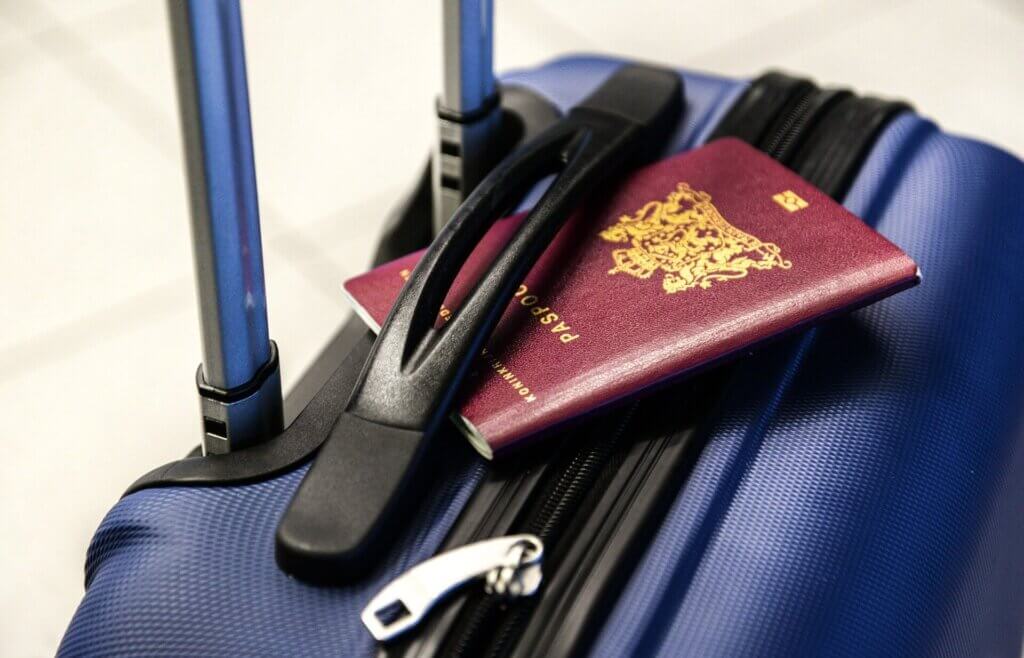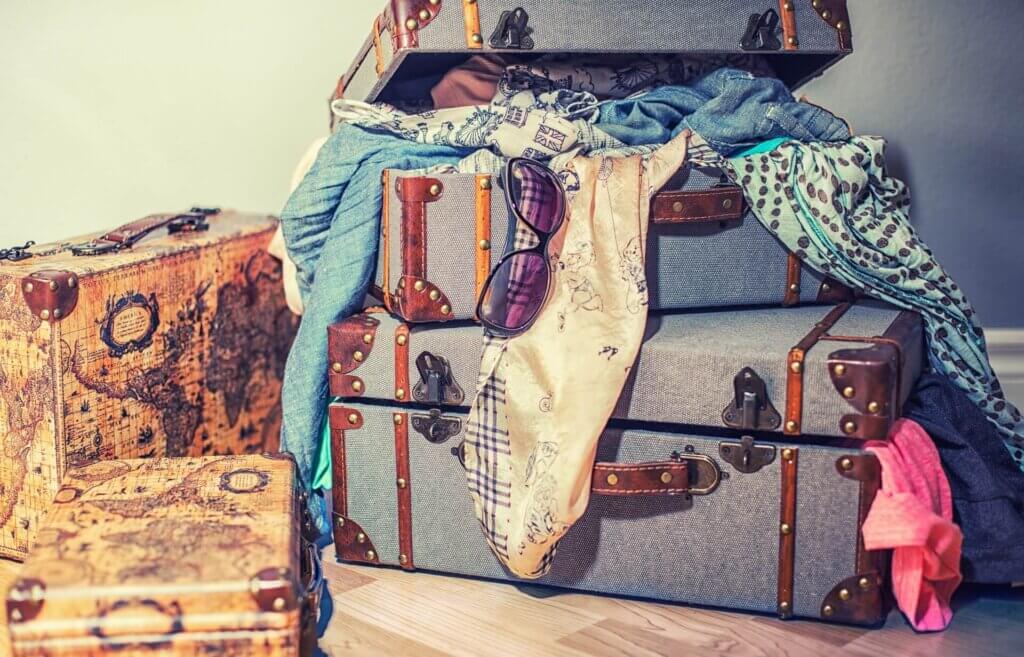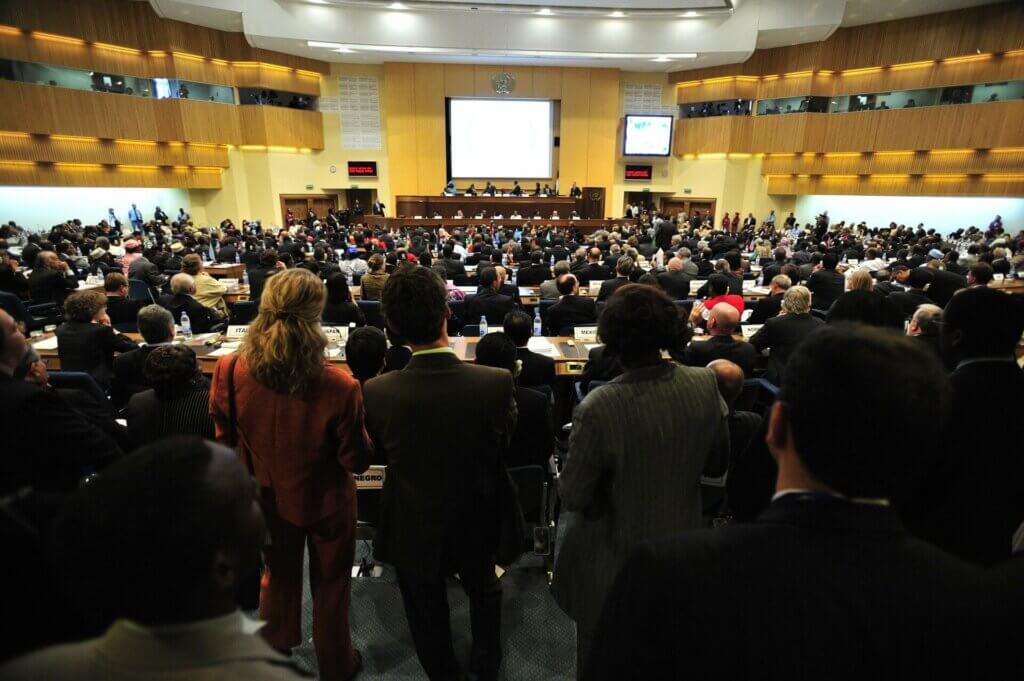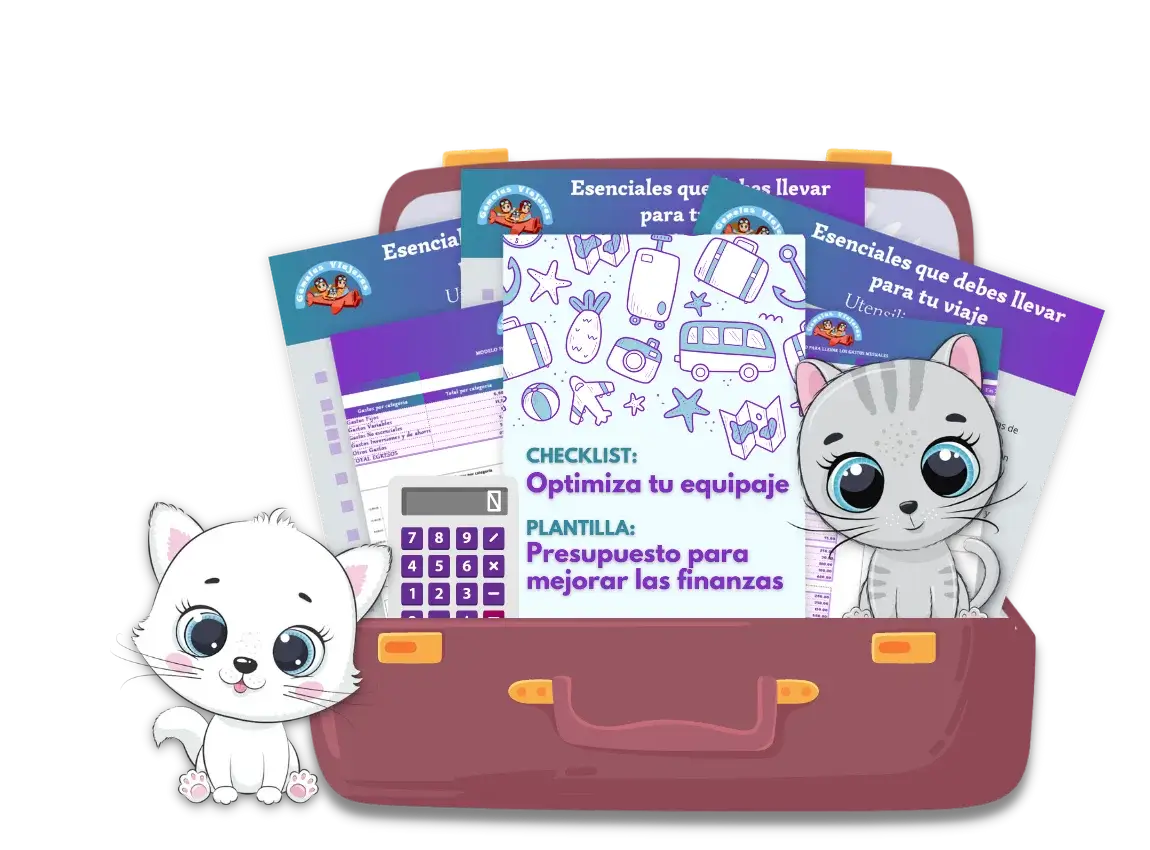Traveling is wonderful, fantastic, excellent. There’s almost nothing wrong with it.
However, if you do a survey of frequent flyers, they’ll tell you that the biggest headache is at customs: the questions and how to answer them. And the stress that can come with that.
In this post, we will show you what are the most frequently asked questions that customs officers will ask you and what are the most appropriate and accurate answers that you should give to these officials.
First of all…
The first thing you should see when making your line for the checkup is whether it runs fast or slow. If the line runs slowly, it is almost certain that the officials on duty are asking a lot of questions. These are nit-picking officials.
This may be because there is an alert or because the destination country has rigorous customs filter systems. You will know then that you must have all your documentation at hand, as well as prepare your answers in advance to give safe and precise answers and avoid the much feared “little room”, which is the separate room where you are passed while you are investigated, you open your luggage and ask you a thousand questions, with the well-known waste of time.
How to respond
Some people to lower the level of nerves or stress in these situations, may start joking. Never do it. The immigration officer has no sense of humor and may think you’re not taking it seriously or hiding something.
In addition, in countries whose language is not Spanish, you will be asked the questions mainly in English, even if it is not the official’s native languange. This makes short, precise and clear answers all the more peremptory.
Showing you impatient, irritated or nervous raises a red flag to the official, who is trained to read the language of the body.
Although you may be tense for fear of missing the flight or simply because you are impatient, try not to show it, because the officer may interpret it as suspicious and subject you to deeper scrutiny.
What do you come to the country for?
An infallible question. Don’t go into detail. If you come to a concert, a wedding or a walk, simply say “I come for tourism”.
The immigration officer is not your friend, he is not interested in the details. he is only interested if you come from business, tourism or some other purpose in general. Being too specific without being asked you can get him confused.
Only be more specific if they directly ask you to expand your answer. Why does it come for such a short time? What event is it coming to?
Return date and how long you will spend in this country
This is another frequently asked question. You must be clear about your length of stay and your date of departure from the country. I
Give precise answers. It is valid not to have a return date on the ticket, as you can leave by bus, ferry, boat or otherwise. Or you can buy the departure ticket in the country because it is cheaper. In this case, you must give an estimated departure date.
Don’t say “I don’t know”, because showing ignorance or hesitant regarding the dates of departure and length of stay can raise suspicions in the official, which can end up with a long and cumbersome process at customs.
Attend congress or conference or course
If you have been invited to a congress or conference, bring the invitation to hand to show it to the official. If it’s a congress or conference open to all, just say you’re going sightseeing.
In case you are going to take language class or other course, always carry at hand the acceptance / registration in the programm, as well as the name of the institute where it is going to take place, its duration and any other pertinent data.
Clarity and precision are also prescribed here.
Where you’re going to stay
Another of the infallible: Where are you going to stay? In this case, two answers can be handled:
- Relative member or a friend’s house
- Hotel, hostel, inn
Usually, you will be asked for the address and reservation of the accommodation. In case you are going to stay at home’s relative member or at friend’s house, it does not hurt to have an invitation from this, and where the room address appears.
It is always important to learn by heart the accommodation area and name of the hotel or inn where we will stay. In this way, the filling out of the immigration form will be faster and we will avoid, by giving safe and precise answers, that we are passed to second rounds of questions, baggage check, etc.
What do you do
It’s very common. Here we also recommend not going into details: simply saying “I’m a dentist”, “I’m a designer”.
If you are a frequent flyer, digital nomad, it is best to say “I am a student”. Don’t say “I’m a traveler”,“blogger”. Keep it simple.
If you’re unemployed, you can say, “I’m betweenjobs”.
It’s possible, if you’re a frequent flyer or digital nomad, to be asked why you’ve traveled so much lately. The best answer here is to say “you’ve taken a gap year”. That is perfectly valid and understandable by all.
How much money do you carry
And another essential cannot be left out: “How much money does it take?”. They usually refer to cash. In our case, we usually carry little cash. We say “we carry 200 dollars and credit cards”. Here we also show our statements.
If you carry more than $10,000 in cash, you must declare it.
We should always say the amounts of cash in dollars or euros or in the currency of the destination country, if you have the conversion. In the minds of customs officers anywhere there are only 3 currencies: US dollars, euros and local currency. Don’t confuse them by giving the cash amount in your country’s currency. This is obvious, but it is not out of the question.
It is important to give the exact amount of cash you carry. Never lie about this. If you carry more than 10,000 dollars and lie about this you expose yourself to very high fines for tax evasion.
Conclusions
We’ve seen a picture of frequently asked questions we’ll come across from customs officers. As well as the right answers.
We have encountered these questions over and over again on our travels.
And we have always given suggested answers and they have already been sanctioned by time.
In this way, now you can say without fear of being wrong that there is no negative point if it comes to traveling.






